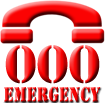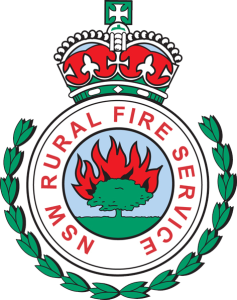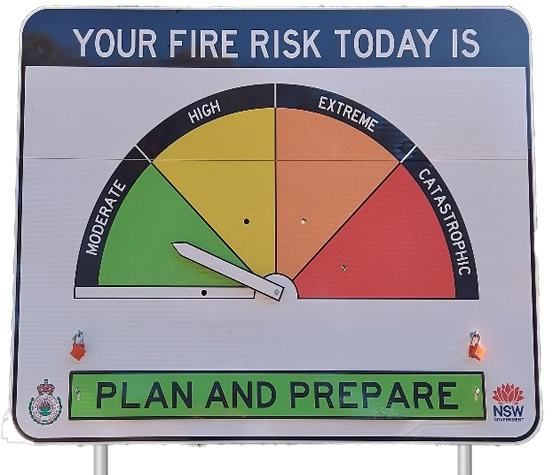The gazetted bush fire season in the Southern Highlands usually runs from 1 October until 31 March each year. However, should hazardous conditions prevail outside these times, fire bans can be extended. During this time fires cannot be conducted without a fire permit.
From 1 April until 30 September each year (or as advised by Council), local residents are permitted to burn without a fire permit, however, you must notify us of your planned burn. Notifying us of your planned burn is now MANDATORY.
Residents wishing to conduct burns in the open (with the exception of recreational fires) must notify the RFS of their intention to burn. Burn notifications can be found at : Guardian Homepage – NSW RURAL FIRE SERVICE
You MUST notify the RFS and adjoining neighbours at least 24 hours in advance (as per section 34 (4) ‘B’ of the RFS regulations).
If an unregistered fire is reported, Council has powers under their Act to issue fines and the RFS can do the same around failure to notify. Should you require clarification contact us via our Contact Us page or our Facebook page.
The following “Do’s & Don’ts” should be observed. If you are unsure, contact your local brigade or Wingecarribee Council.
What’s permitted:
- Burning is permitted on properties larger than 4,000 square metres (1 acre)
- Burning of dead & dry vegetation associated with normal property maintenance permitted only
- Pile burning must not exceed 2 metres wide or long and 1.5 metres in height
- Pile burning – the smaller the better to minimise smoke and air pollution
- Burning of logs up to 150mm in diameter permitted
- Sufficient water supply to extinguish the fire must be available
- Fires must be supervised at all times
- You are required to notify your neighbours 24 hours before any burning
- Smoke impact must be minimised
- Avoid burning close to neighbouring residents
- Give power lines a wide berth
- Choose a space in the open well clear from bush land or other potential fire hazards
What’s not:
- Must NOT burn wet vegetation
- Must NOT burn green vegetation
- Must NOT burn rubbish, other than dead and dry vegetation
- Must NOT burn treated or painted timber
- Must NOT burn hazardous materials
- Must NOT have a smoky fire
- Must NOT burn stumps
- Must NOT burn logs more than 150mm in diameter
- Must NOT have more than one pile burn at any one time
- Must NOT use accelerants (such as petrol)
- Must NOT burn under power lines
- Must NOT burn vegetation associated with land clearing
Also, if you live near a vineyard, check that the grapes have been harvested as smoke can taint the grapes.


